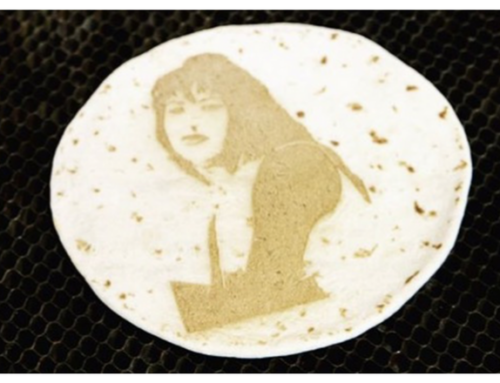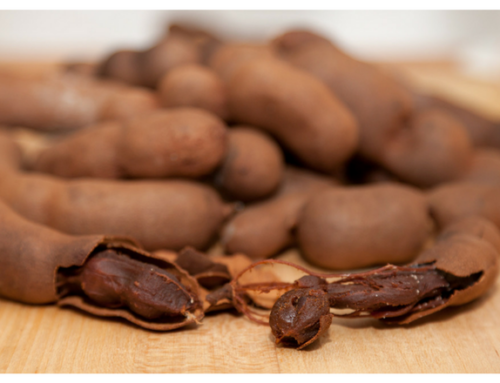In 2014 Leo Cocina y Cava in Bogota, Colombia was inducted onto the list of 50 Best Restaurants in Latin America, shining a spotlight on Chef Leonor Espinosa and her meticulous preparation and presentation of dishes that incorporate and respect obscure Colombian ingredients and techniques. With Misia, the restaurant she opened in May of 2015, Espinosa has turned her talents to pared down representations of Colombia’s most basic and beloved foods.
RELATED: Bringing Brooklyn to Bogota
Despite the acclaim, many Colombian diners are still put off by the protocol and precision of the cuisine at Leo Cocina y Cava. Misia is for them. The quaintly decorated space is a “piquetadero and refresqueria” and the menu is an ode to cherished pan-Colombian flavors. All sausages are made in-house including a sweet morcilla blood sausage inspired by an onion-heavy recipe, wonderfully dense and flavorful butifarra and, of course, chorizos longanizas. At Misia even the piquete plate for two, which heaves under the weight of all those meats and more, is almost a healthy option thanks to fresh ingredients and nearly grease-free presentation. [pagebreak]
Beverages include the usual-suspect juices plus uncommon options like borojo with cinnamon, chontaduro with honey and lemon and badea. The mandatory arepas, empanadas, and cariminolas are light and made to order and bear no resemblance to their over fried, under stuffed, soggy grease bomb cousins sold throughout the country (thank God). Fish, salads, and soups are also well-represented on the menu that covers breakfast, lunch and dinner.
Misia is a word commonly used in Afro Caribbean communities in Colombia and it means senora. That’s fitting as much of Espinosa’s work has been fueled by a desire to honor and preserve the culinary techniques of women all around Colombia through her Fundacion Leo Espinosa. Take a peek into the bustling, open kitchen at Misia and you can see a living beneficiary of the foundation’s work.
Her name is Cecilia and she’s from a community near Cali where she struggled to find work and dignity as a domestic employee with little or no options. She is now the jefa of the kitchen where she rules the roost with a bright smile. Espinosa tears up as she tells me Cecilia’s story but then smiles suddenly. “Cecilia insists that it’s her kitchen,” she laughs.
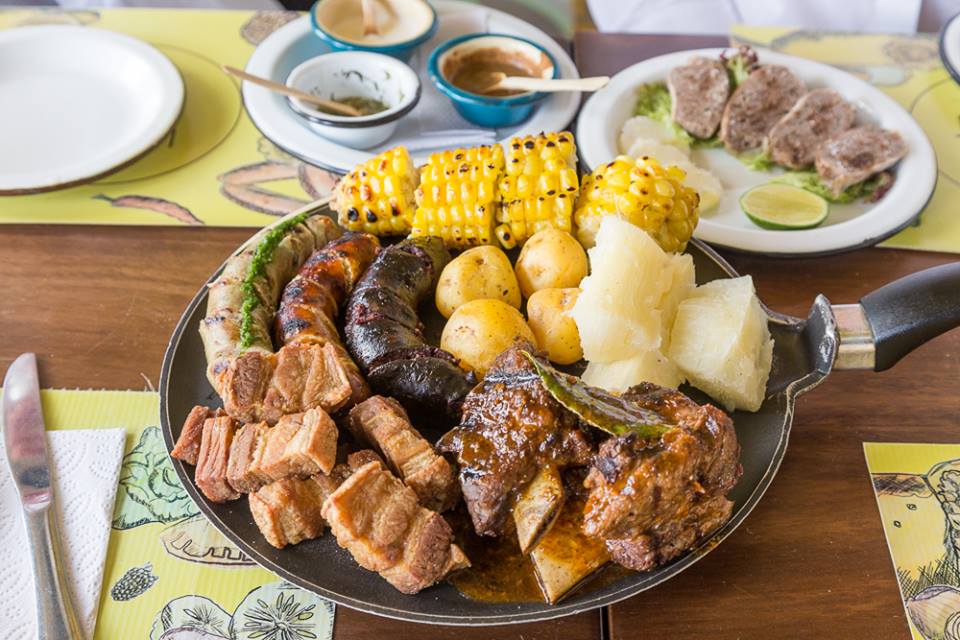

![Making Mealtime Matter with La Familia: Easy Sofrito [Video]](https://thelatinkitchen.com/wp-content/uploads/2015/10/sofrito-shutterstock__0-500x383.jpg)
![Easy Latin Smoothies: Goji Berry Smoothie [Video]](https://thelatinkitchen.com/wp-content/uploads/2015/12/goji_berry-shutterstock_-500x383.jpg)






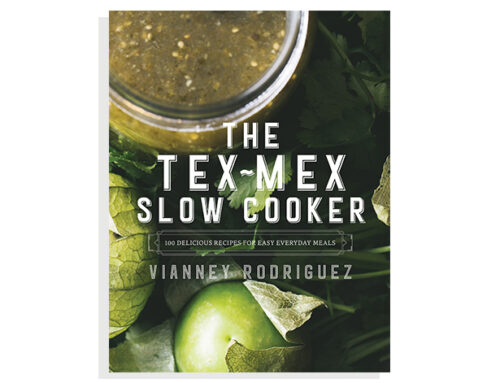
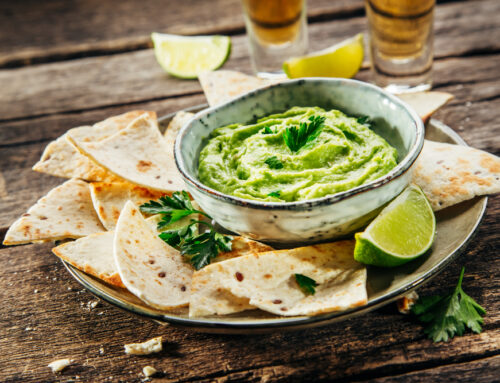

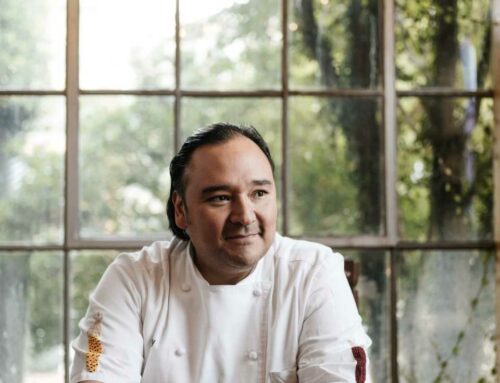

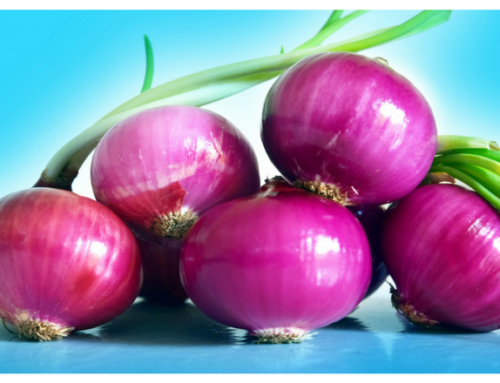




![Fun and Fast Recipes: Fiesta Cabbage Salad [Video]](https://thelatinkitchen.com/wp-content/uploads/2015/11/fiesta_cabbage_slaw-shutterstock_-500x383.jpg)
